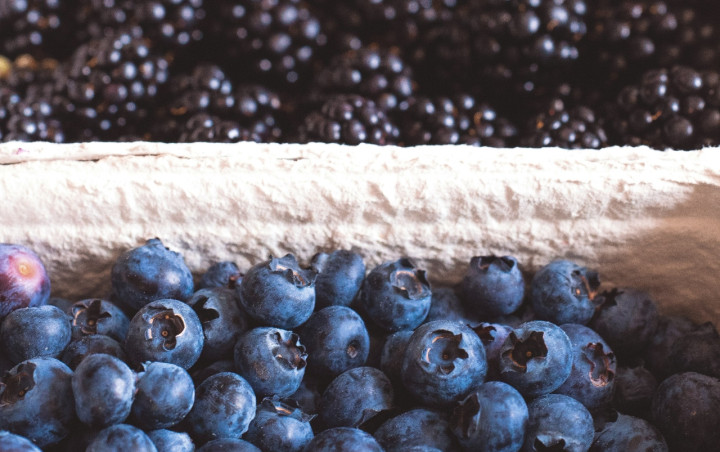Food quality and autonomy
Replacing junk food with homegrown products.

In 2020, 88% of cereal, 84% of meat and 48% of vegetables were produced locally. Households spent 14.3% of their income on food (EU average 13.7%). Food prices increased 14% over the previous 5 years, fruit prices by 46% while vegetables became 6% cheaper. In the same year, Slovenia imported 2.3 million tons of food (72% processed, 28% primary), the majority of which is coming from neighbouring EU and non-EU countries.
About 10% of daily consumed food are UPFD (ultra-processed food and drinks) in 2017, still far away from obesity plagued anglo-saxon countries, but with a steadily increasing share.
Volt Slovenija proposes:
Food quality
Mandate a Nutri-Score or equivalent to be visible on all packaged and processed food products sold in Slovenia to indicate the healthiness of a product.
Autonomy
Provide every household with seeds and instructions once per year on how to grow their own fruit and vegetables. This should both be an education and autonomy initiative, teaching about the basics of growing your own food.
Reprioritise the practice of granting small plots for growing fruits and vegetables to households which do not have their own gardens.
Introduce incentives to convert more rooftops to gardens as well as create new buildings with larger green rooftops and areas.
Healthy Living
Officially support “Dry January” together with initiatives like SOPA and set incentives to curb alcohol consumption and drunk driving
Introduce a junk food tax similar to the model in Columbia which increased the TVA to 22% on ultra-processed foods that contain above threshold levels of artificial substances, additives and sugar. Extend it to fast-food restaurants who serve primarily unhealthy foods.
(v4 11-2025)